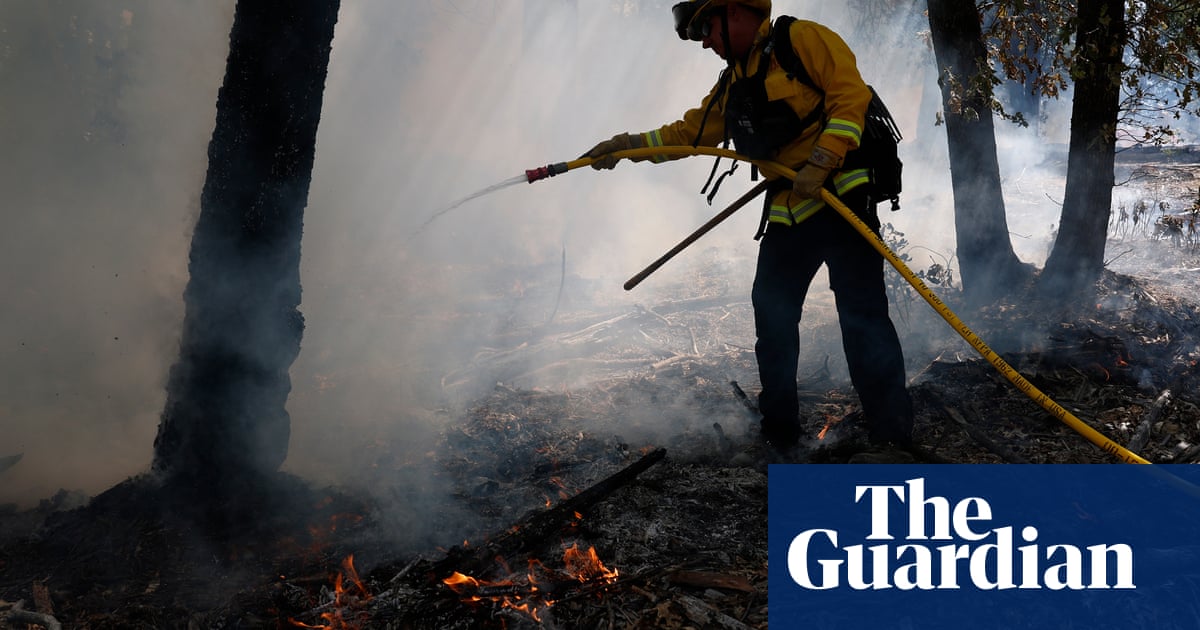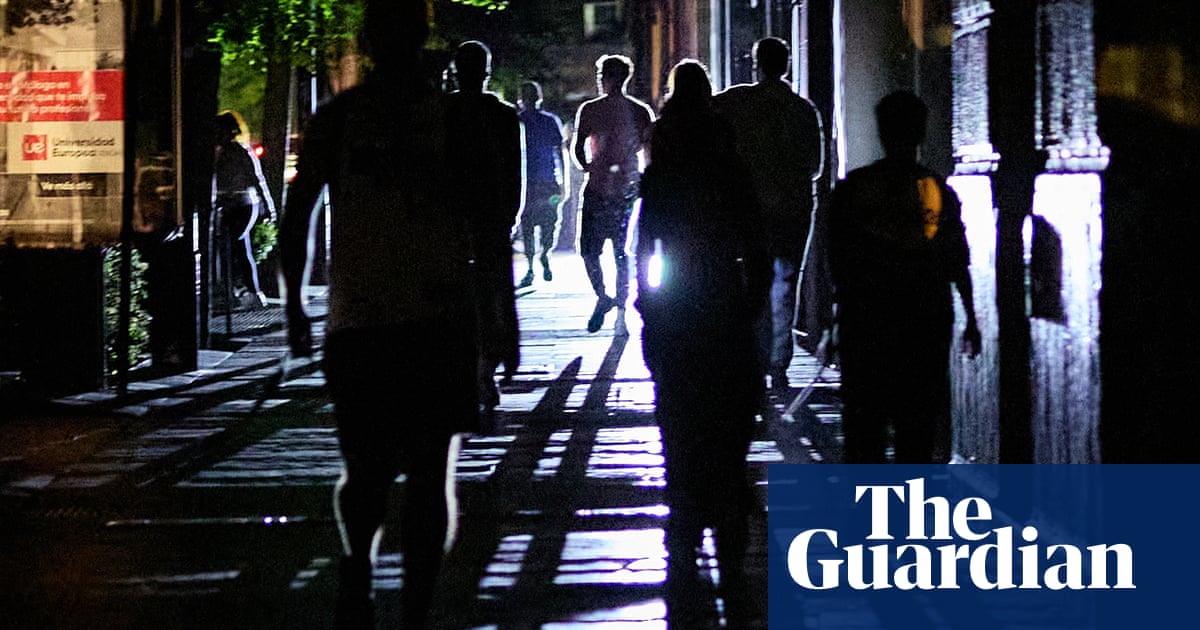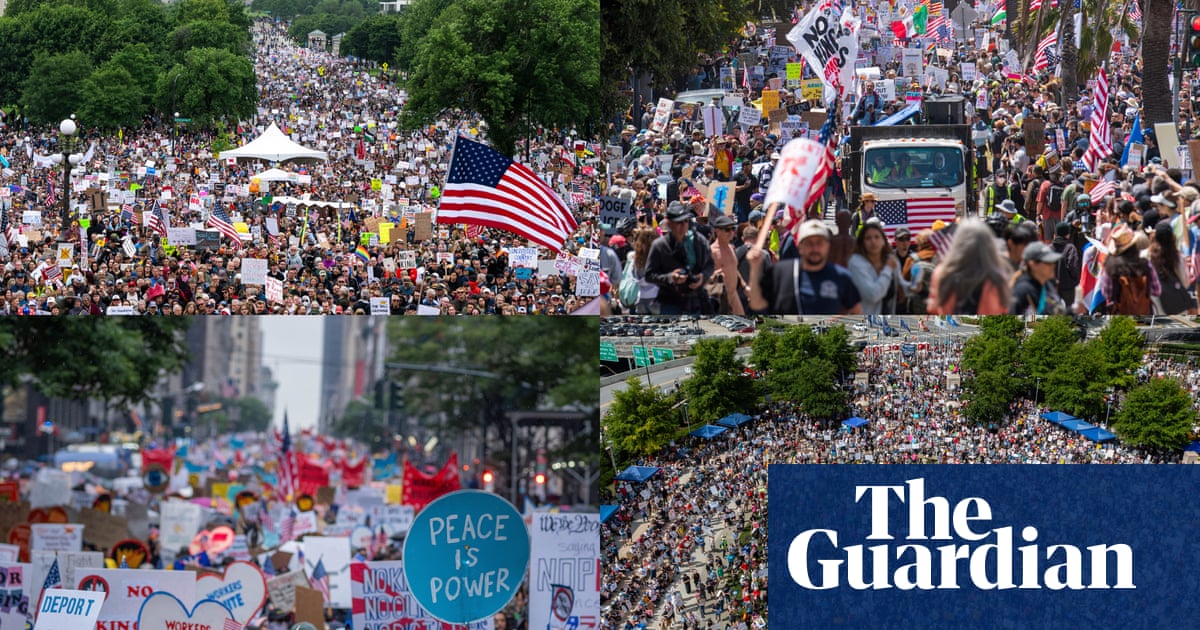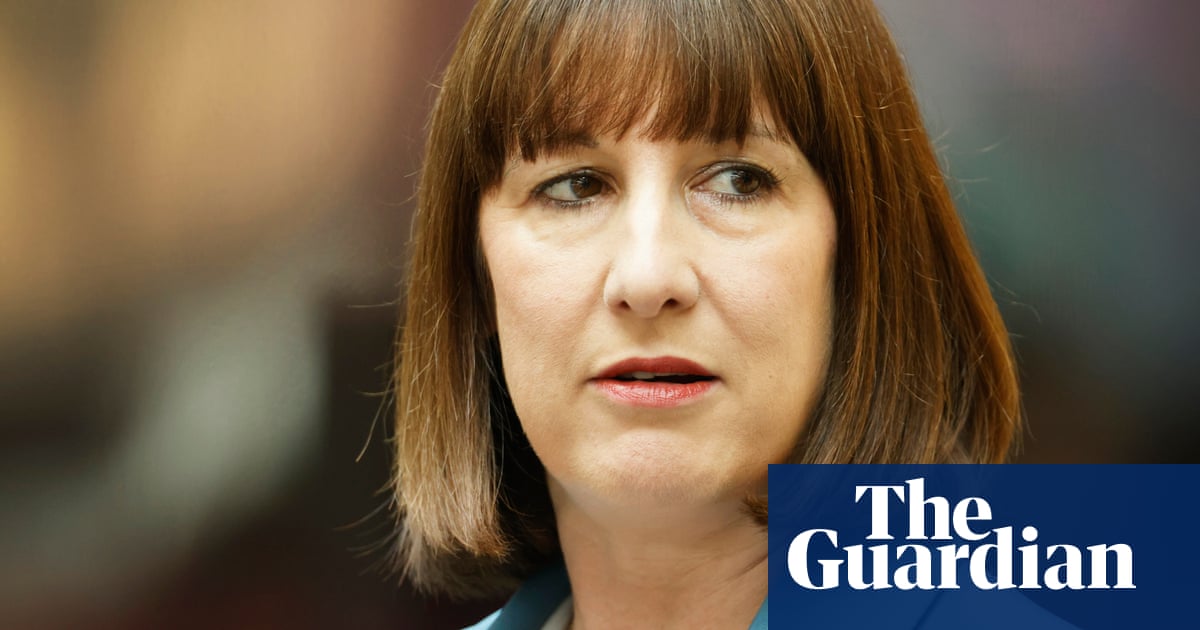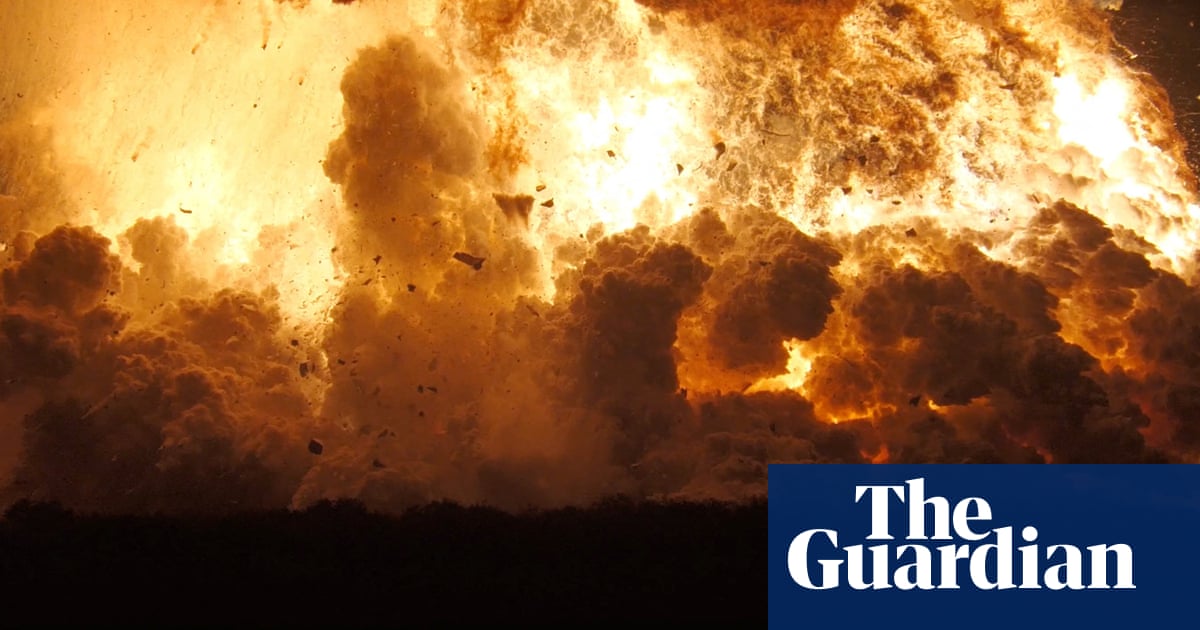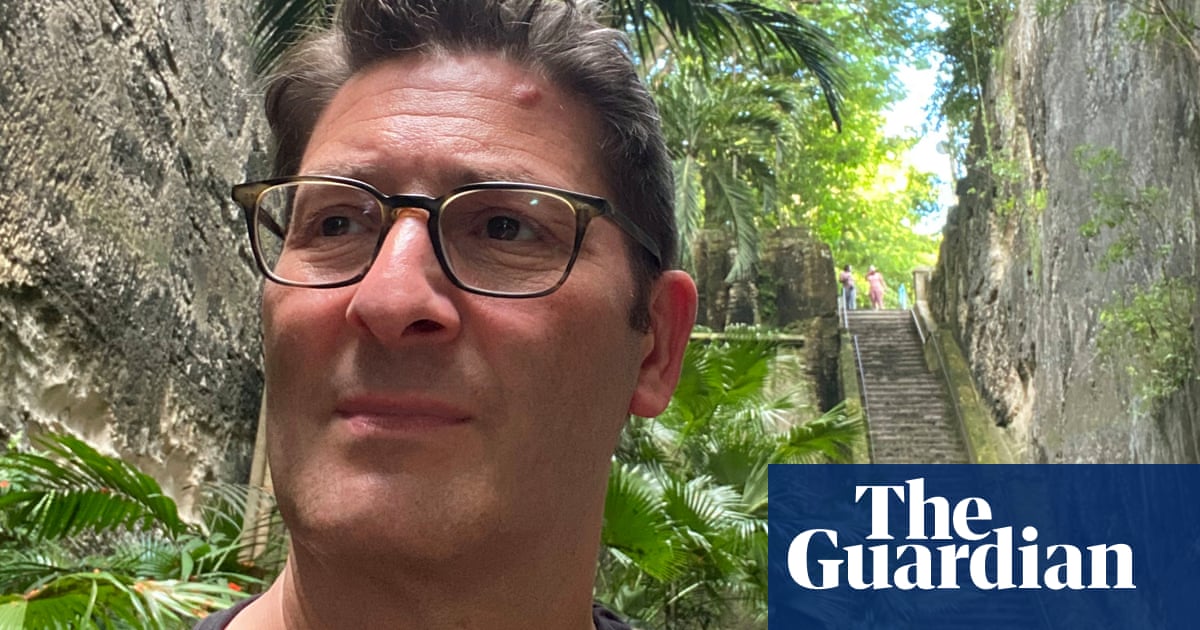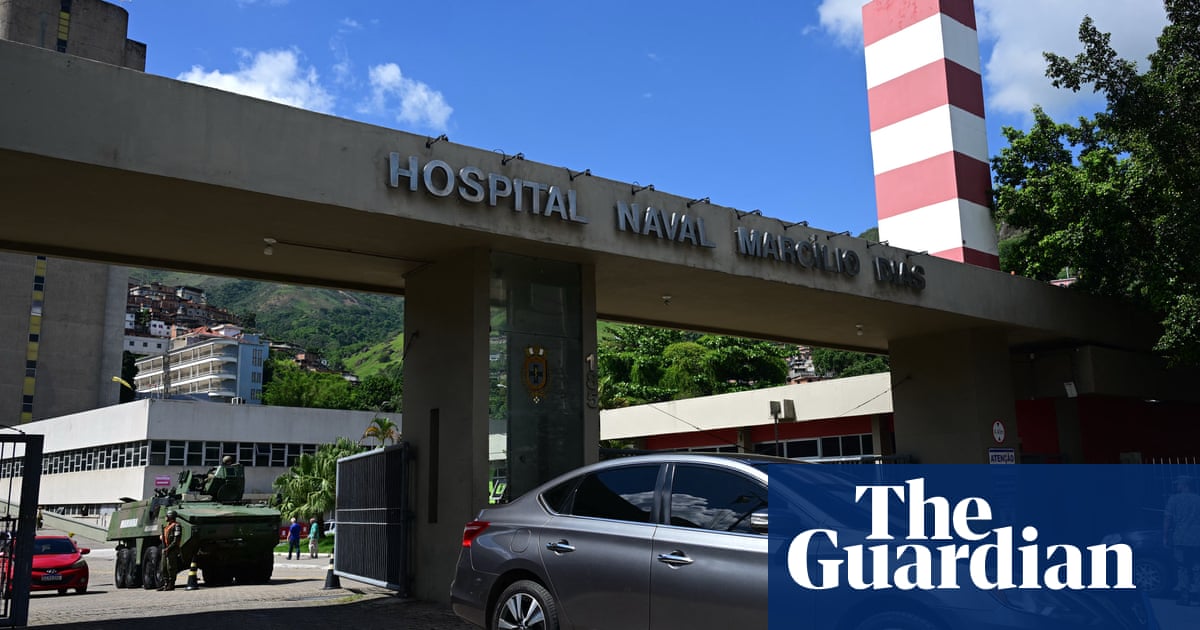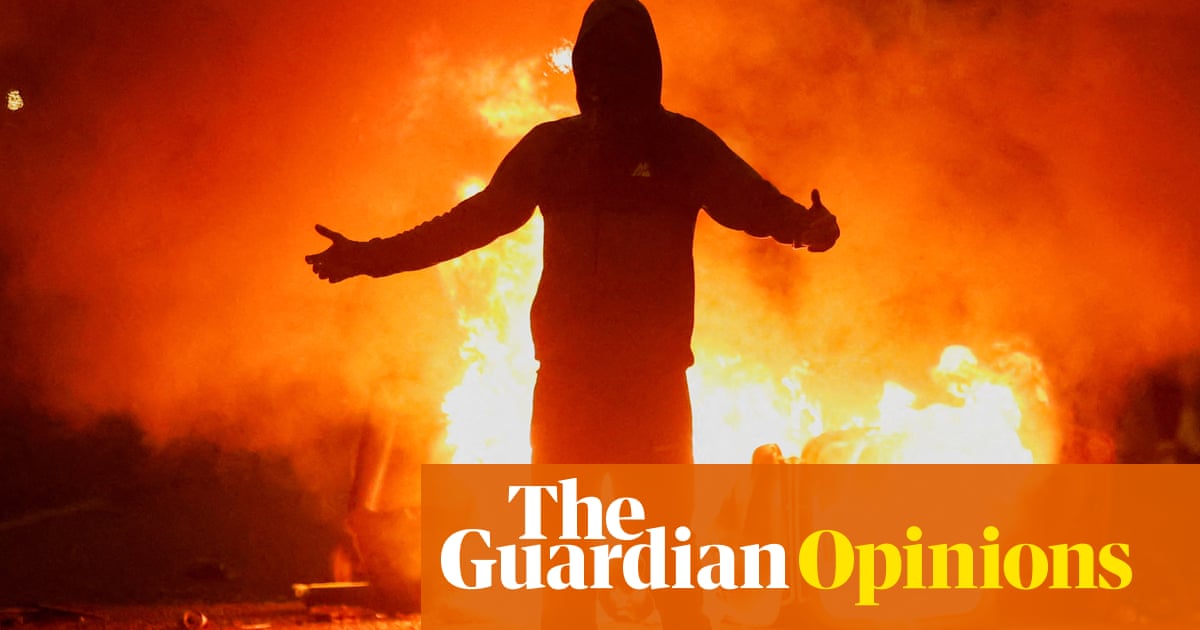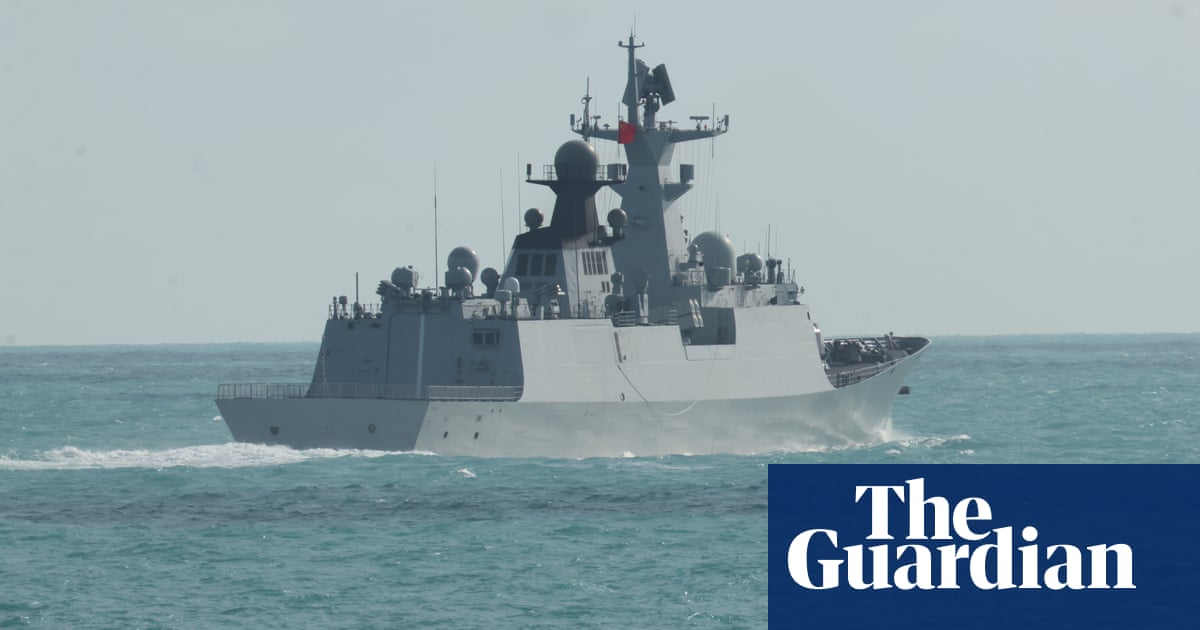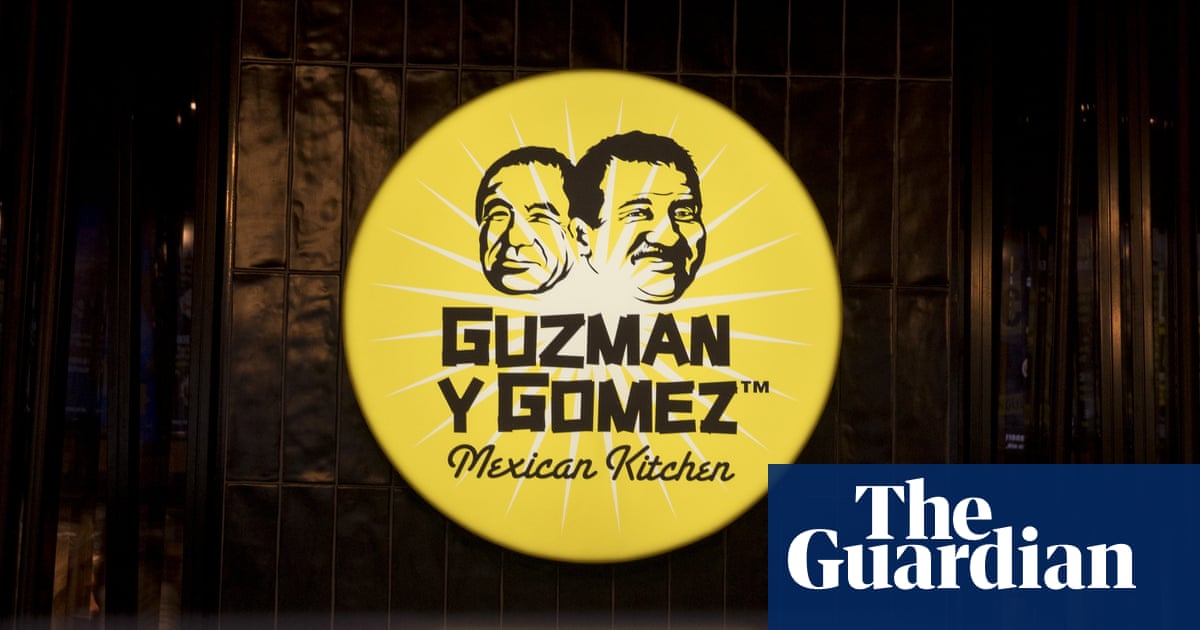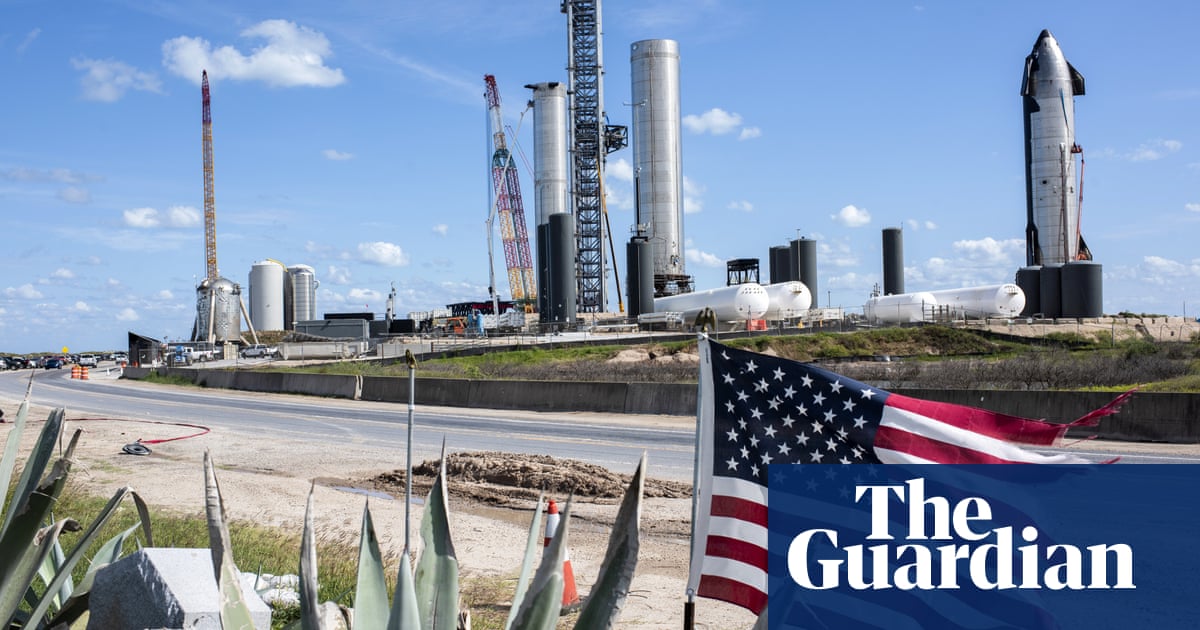Hospital in southern Israel hit by Iranian missile
Soroko hospital in the southern Israeli city of Beersheba has been hit by a ballistic missile, Israeli officials have said, after Iran launched its latest wave of retaliatory airstrikes on the country.
Unverified footage on social media showed people running through corridors filled with dust and detritus and doctors standing outside amid wreckage from the building.
“BREAKING: A direct hit has been reported at Soroka Hospital in Beersheba, southern Israel. More details to follow,” the foreign ministry posted on X.
A spokesperson for the hospital reported “damage to the hospital and extensive damage in various areas. We are currently assessing the damage, including injuries. We ask the public not to come to the hospital at this time.”
Sirens sounded across the country earlier, and Israeli media reported that several loud blasts were also heard in central Israel with several other direct hits reported. Explosions were heard over Tel Aviv and Jerusalem.
Key events Show key events only Please turn on JavaScript to use this feature
Some images are coming through of the damage from Iranian strikes on Israel:
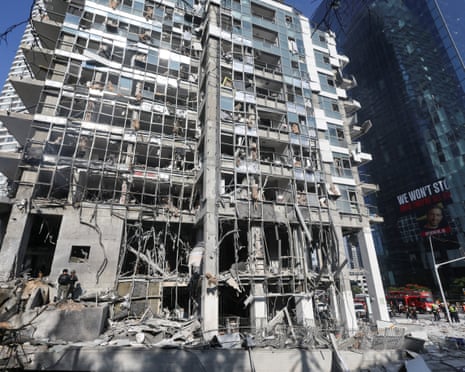


Israel bombs Iranian heavy water reactor, Iranian media reports
Israel attacked Iran’s Arak heavy water reactor early on Thursday, Iranian state television has reported. The report said there was “no radiation danger whatsoever” and that the facility had been already evacuated before the attack.
Israel’s military warned people to evacuate the area around the heavy water reactor in the regions of Arak and Khondab just a couple of hours before it launched its attack. The warning came in a social media post similar to those it has issued for Gaza and included a satellite image of the plant in a red circle.
The Arak heavy water reactor is 250km southwest of Tehran.
Heavy water helps cool nuclear reactors, the Associated Press reports, but it produces plutonium as a byproduct that can potentially be used in nuclear weapons. That would provide Iran another path to the bomb beyond enriched uranium, should it choose to pursue a weapon.
Iran had agreed under its 2015 nuclear deal with world powers to redesign the facility to relieve proliferation concerns.
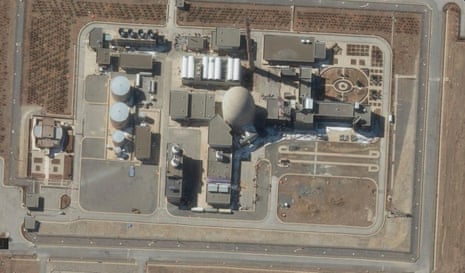
As part of negotiations around the 2015 deal, Iran agreed to sell off its heavy water to the west to remain in compliance with the accord’s terms.
Britain at the time was helping Iran redesign the Arak reactor to limit the amount of plutonium it produces, stepping in for the US, which had withdrawn from the project after president Donald Trump’s decision in 2018 to unilaterally withdraw America from the nuclear deal.
In the last week, Israel’s campaign has targeted Iran’s enrichment site at Natanz, centrifuge workshops around Tehran and a nuclear site in Isfahan.
The Times of Israel reporter Emanuel Fabian has posted some pictures from the scene of the strike on the hospital in Beersheba:
Earlier he reported that a roof on one building had collapsed and that the building was on fire.
Another Iranian ballistic missile hit the city of Holon, south of Tel Aviv, the Times of Israel is reporting. Citing emergency services it said one person had been seriously wounded and another two dozen left with minor injuries.
Hospital in southern Israel hit by Iranian missile
Soroko hospital in the southern Israeli city of Beersheba has been hit by a ballistic missile, Israeli officials have said, after Iran launched its latest wave of retaliatory airstrikes on the country.
Unverified footage on social media showed people running through corridors filled with dust and detritus and doctors standing outside amid wreckage from the building.
“BREAKING: A direct hit has been reported at Soroka Hospital in Beersheba, southern Israel. More details to follow,” the foreign ministry posted on X.
A spokesperson for the hospital reported “damage to the hospital and extensive damage in various areas. We are currently assessing the damage, including injuries. We ask the public not to come to the hospital at this time.”
Sirens sounded across the country earlier, and Israeli media reported that several loud blasts were also heard in central Israel with several other direct hits reported. Explosions were heard over Tel Aviv and Jerusalem.
Welcome and summary
Hello and welcome to the Guardian’s continuing coverage of the Israel-Iran war.
A hospital in southern Israel has been hit by a missile after Iran launched a round of retaliatory strikes on the country early on Thursday.
Soroka Hospital in Beersheba was among several areas to be directly hit after Iran fired around 20 ballistic missiles at Israel, an Israeli military official said. There was no immediate information on any casualties.
Israel’s military has meanwhile warned people to evacuate the area around the Iranian city of Arak’s heavy water reactor. The warning came in a social media post and included a satellite image of the plant in a red circle.
The Iranian Student News Agency (ISNA) later reported that the area had been hit but that the area had been evacuated beforehand and that there was no radiation risk. It was not possible to independently confirm the report.
In the past week, Israel’s campaign has targeted Iran’s enrichment site at Natanz, centrifuge workshops around Tehran and a nuclear site in Isfahan.
Meanwhile, Donald Trump said he has not decided whether or not to take his country into Israel’s war with Iran and said he was still open to reaching a deal with Iran.
The president has reportedly suggested to defence officials it would make sense for the US to launch strikes against Iran only if the so-called “bunker buster” bomb was guaranteed to destroy the critical uranium enrichment facility at Fordow, according to people familiar with the deliberations.
Elsewhere today:
-
Donald Trump told reporters that “a deal could still happen” and that he thinks “Iran was a few weeks away from having a nuclear weapon.” The news came shortly before several US media outlets reported that Trump approved plans to attack Iran on Tuesday, but has not yet given the final order to do so. US intelligence sources briefed US senators on Monday that Iran was not working to develop a nuclear weapon.
-
Ayatollah Ali Khamenei said Israel had made a “huge mistake” by launching the war and warned the US against becoming involved, in his first comments since Friday. “The Americans should know that any US military intervention will undoubtedly be accompanied by irreparable damage,” he said in a statement read out by a presenter on state TV.
-
European leaders are pushing for diplomacy between Israel and Iran, with officials set to meet with Iran’s foreign minister in Geneva on Friday. The foreign ministers of Germany, France and Britain, as well as EU foreign policy chief Kaja Kallas, will join the nuclear talks.
-
Iran announced that it had fired ultra-heavy, long-range, two-stage missiles at Israel, while Israeli strikes hit targets across Iran, including the police central command building in Tehran. French president Emmanuel Macron has voiced concerns that Israeli strikes are “increasingly targeting sites unrelated to Iran’s nuclear and ballistic programs”, leading to “a growing number of civilian casualties”. So far, more than 224 people in Iran and more than 24 in Israel have been killed in the conflict. Rights groups suspect the death toll in Iran may actually be closer to 600.
-
Longtime supporters of Donald Trump have voiced their disapproval of the possibility that the president may seek to involve the United States in the Israel-Iran conflict, a rare break within the deeply loyal Make America Great Again coalition. Former Trump advisor Steve Bannon said “this is not something you play around with” while Republican senator Rand Paul told reporters that Trump would need congressional approval to bomb Iran. At the same time, some Trump allies voiced their support for the president, with Republican senator Ted Cruz saying the US could “quite reasonably” strike an underground nuclear facility in Iran, but that “there is zero possibility of American boots on the ground”.
-
Internet connection across all of Iran has slowed to a near halt. The reduction in internet speeds comes after an anti-Iranian government hacking group with potential ties to Israel claimed that it hacked Iran’s state-owned Bank Sepah. Fatemeh Mohajerani, a spokesperson for Iran’s government, said on X that officials in Tehran had restricted internet access to ward off additional cyberattacks.

 6 hours ago
3
6 hours ago
3



